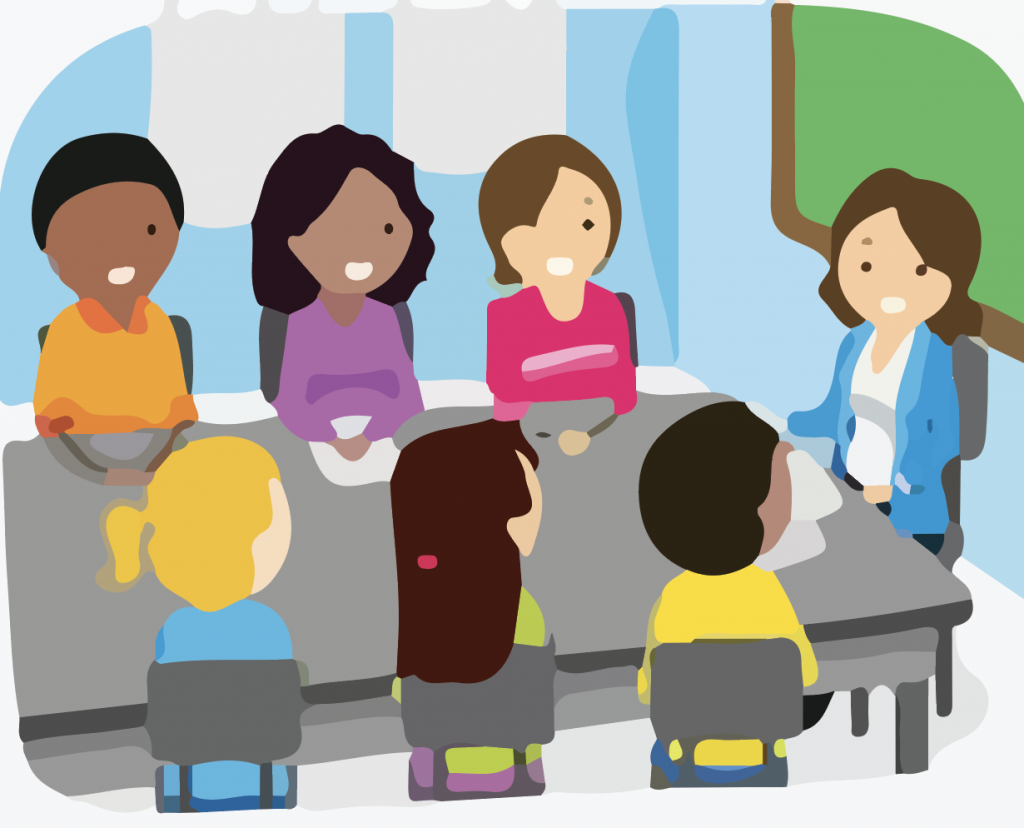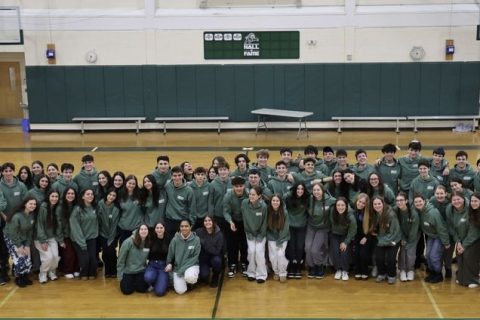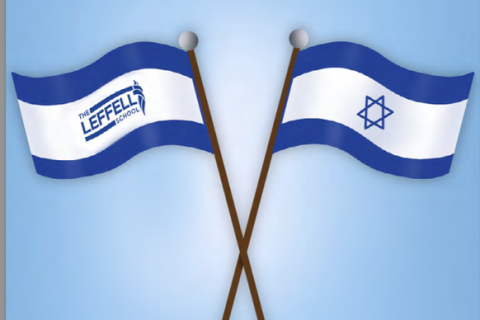by Zack Sklar ’25

The clock striking 3:50 p.m. is the last sign that the long day of school is over, but unlike at White Plains, Scarsdale, and Dobbs Ferry High Schools, there are still 30 more minutes on campus. At The Leffell School, this final period of the day is called Kehilah.
While the school day has always ended at 4:20 p.m, administrators thought that creating a free period at the end of the day would help. Ninth-Grade Dean Samantha Mazo, who has been on TLS faculty for nine years, said there has always been this period, though over the years, there have been some deliberations about having Kehilah spread out throughout the day.
“There are a few goals for Kehilah,” Mazo said. “It is an opportunity for students to meet with their teachers, meet with their dean, to work on a group project, when there are kids that live farther away, so for some kids it is really hard to do some of those things after school. So to access those types of resources, some free time at the end of the school day could be really helpful for students.”
Additionally, another factor as to why Kehilah is so important to have at the end of the day is that TLS sports teams need time to get ready so they are not late for their games or practices.
“We really wanted to enable our students to play in the public school league, and to have some flexibility at the end of the day is more effective than putting it in the middle of the day,” Mazo said.
In addition to sports events and time for students to get ahead of work and meet with teachers, Kehilah also allows for time to meet new classmates and enhance friendships.
“I think the point of study hall [kehillah] is for students to study, get ahead on their homework, and other things like that,” Director of Student Life Josh Ull said. “I would like to see more students using Kehilah for club meetings and to hang out with their friends or attend special events. Kehilah should be a time to decompress, relax on campus, and build school spirit.”
Although teachers’ and students’ perspectives sometimes differ, in this case, that is not true. Freshman Adi Chhahira said that he uses this free time exactly how teachers envisioned Kehilah.
“If I have work, I may sit down and do it, but if I don’t have too much then I usually just hang out with friends, but I try as best as I can to use the time productively,” Chhahira said. “I think it is a good time to meet with other kids, so you don’t have to sacrifice personal time. I think it is a good time to have during the day.”




